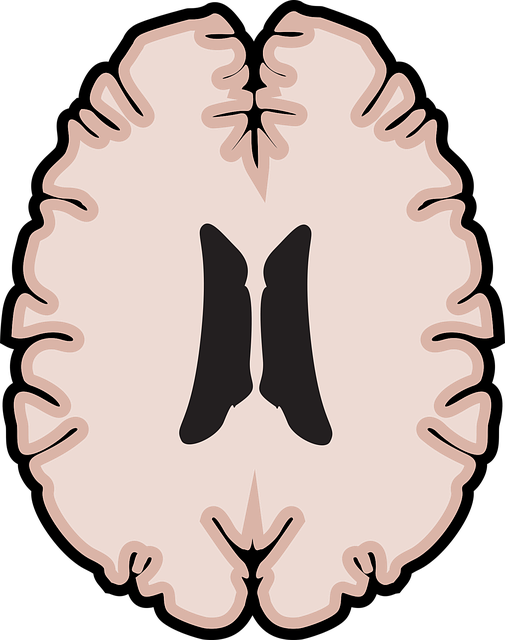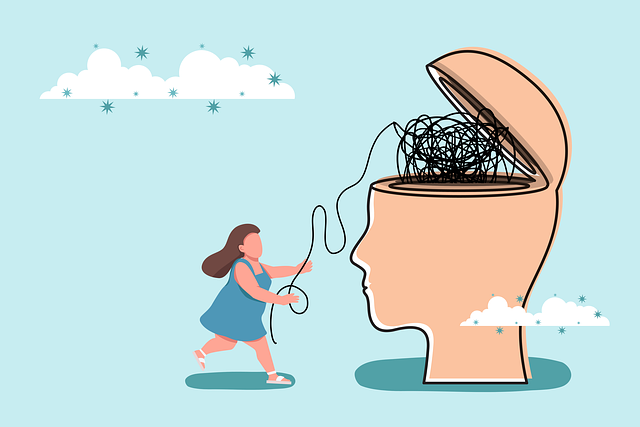In today's demanding work environments, addressing workplace issues and job stress among elders is crucial for their mental wellness. Specific therapy tailored to senior employees' challenges equips them with coping strategies for job-related stress. By implementing supportive policies, promoting open dialogue about mental health, and incorporating practices like mindfulness and stress management, we can create environments that enhance productivity, encourage engagement, and foster the well-being of older workers, contributing significantly to society. Therapy serves as a vital tool for managing therapy for elders, ageism, and burnout, empowering them to thrive despite life's challenges.
Mental wellness is a critical aspect of overall health, especially for elders. This article explores essential strategies to promote and support the mental well-being of older adults in the workplace, addressing common challenges they may face. We delve into recognizing and managing workplace stress, the significant role of therapy, and effective ways to create a supportive environment. By understanding these issues, we can enhance the lives of elders, ensuring they navigate their careers with reduced job stress and improved mental wellness. Key focus areas include therapy for elders and strategies to mitigate workplace stressors.
- Recognizing and Addressing Workplace Stress in Elders
- The Role of Therapy in Promoting Mental Wellness for Older Adults
- Common Challenges Faced by Elders at the Workplace
- Effective Strategies to Foster a Supportive Work Environment for Elder Employees
Recognizing and Addressing Workplace Stress in Elders

In today’s fast-paced work environments, recognizing and addressing workplace stress among elders is more crucial than ever. Elders, who often face unique challenges such as managing multiple responsibilities or caring for family members, may experience job-related stress that impacts their overall mental wellness. Therapy for elders specifically tailored to workplace issues and job stress can play a pivotal role in mood management. It provides them with coping strategies to navigate demanding situations, ensuring they feel supported and empowered at their jobs.
Mental health policy analysis and advocacy are essential components in creating supportive work environments for elders. By implementing stress management programs and promoting open discussions about mental health, organizations can foster an environment that prioritizes the well-being of their older workforce. This, in turn, enhances productivity, engagement, and job satisfaction among this demographic, ensuring they remain valued contributors to society.
The Role of Therapy in Promoting Mental Wellness for Older Adults

For older adults, therapy plays a pivotal role in promoting mental wellness, offering a safe space to process life’s challenges and transitions. As individuals age, they may face unique stressors such as retirement, loss of loved ones, or health concerns. Qualified therapists can provide guidance tailored to these specific issues, helping seniors develop coping strategies for managing workplace-related stress and job demands, if applicable. Through therapeutic conversations, older adults can gain insights into their emotions, improve their problem-solving abilities, and enhance their overall resilience.
Incorporating evidence-based practices like mindfulness meditation and mental wellness journaling exercises within therapy sessions can further benefit this demographic. These techniques empower elders to take an active role in their mental health journey, teaching them how to reduce stress, cultivate inner calm, and promote emotional well-being. With dedicated support and the right tools, older adults can thrive, maintaining a sense of purpose and mental wellness despite life’s inevitable challenges.
Common Challenges Faced by Elders at the Workplace

Elders in the workplace often face unique challenges that can impact their mental wellness. One significant issue is the perception of ageism, where older individuals may experience discrimination or stereotyping based on their age. This can lead to feelings of isolation and reduced job satisfaction. Many elders also grapple with work-related stress, which can be exacerbated by heavy workloads, tight deadlines, and a lack of support from colleagues or supervisors. Balancing the demands of work while managing age-related concerns requires robust mental health support.
Therapy plays a pivotal role in addressing these workplace issues and job stress among elders. It offers a safe space for them to process ageism-related trauma and develop coping mechanisms. Additionally, therapy can equip elders with valuable burnout prevention strategies, especially considering the high-pressure environments they often navigate as healthcare providers. Incorporating self-care routine development into therapeutic practices is essential, promoting better mental health and overall well-being for this demographic in the workplace. Enhancing cultural competency training among healthcare providers further contributes to creating inclusive environments that cater to the specific needs of aging workers.
Effective Strategies to Foster a Supportive Work Environment for Elder Employees

Creating a supportive work environment for older employees involves implementing strategies that cater to their unique needs and challenges. As individuals age, they may face different workplace issues and job stress compared to their younger counterparts. Effective interventions can include flexible work arrangements, regular check-ins with managers, and accessible mental wellness programs tailored to address specific concerns such as mood management and burnout prevention.
Promoting a culture of open dialogue about mental health fosters an environment where elders feel comfortable discussing workplace pressures and seeking support for their well-being. Incorporating mind over matter principles, such as mindfulness practices or stress management techniques, can empower employees to cope with challenges and maintain productivity. These proactive measures contribute to improved job satisfaction and overall mental wellness among elderly workers.
Mental wellness is a cornerstone of overall well-being, especially for older adults in the workforce. By recognizing and addressing workplace stress through tailored therapy and effective support strategies, we can create environments that foster resilience and promote mental health. Encouraging open conversations about job stress and implementing inclusive practices are vital steps towards ensuring elders feel valued and supported, ultimately enhancing their quality of life. With the right approach, we can revolutionize how we support older adults in the workplace, leading to a more fulfilling and healthy future for them.












